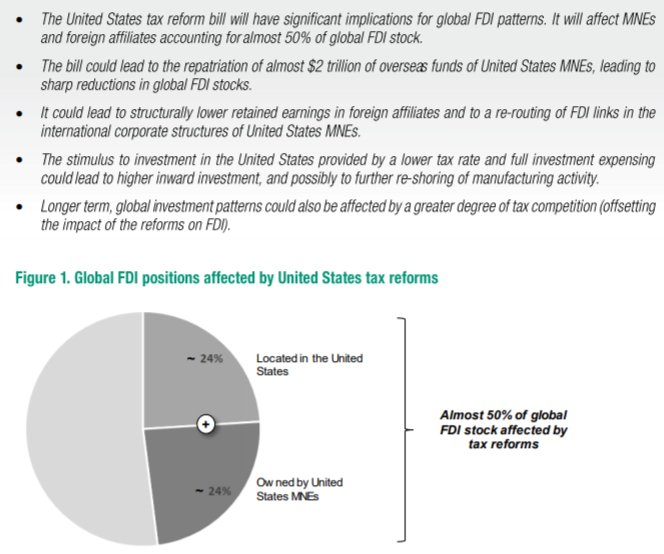bloomberg.com/news/articles/…
Hard to get to that number without touching soybeans, aircraft, autos or semiconductors (over $10b in imports if you count HK)
Soybeans for example. To meet its internal demand (huge), China would need to more or less buy the entire Brazilian crop .. and lose the benefit of offsetting northern/ southern hemisphere seasonality.
See: dimsums.blogspot.com/2018/04/chinas…
h/t @andrewbatson
getting big numbers outside these categories is hard. Quickly end up looking at crude oil and natural gas liquids, wood pulp and the like, or plastics ...
of course, China could also expand the playing field by targeting the Chinese operations of US firms ...











